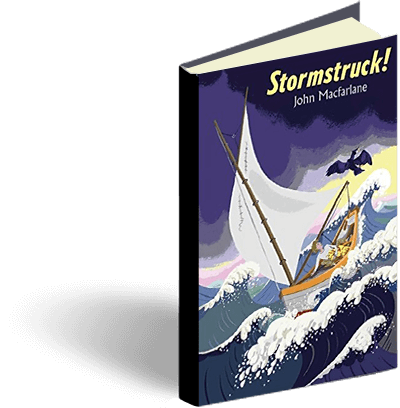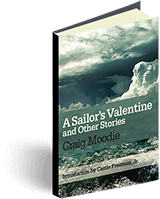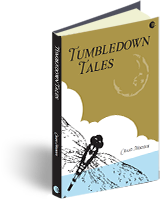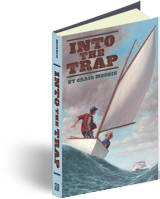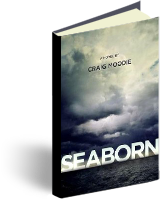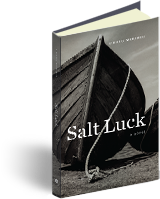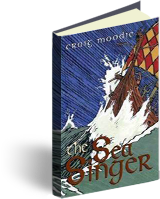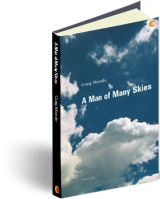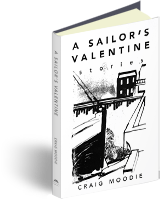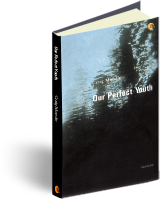This gripping adventure-at-sea skillfully blends a suspenseful survival
story, a heart-wrenching boy-and-his-dog tale and the sensitive treatment of
a youngster coming to terms with the death of a family member.
“
Macfarlane’s sure hand creates
accurate nautical details, a cast of fascinating human and animal
characters, and the timeless struggle between man and nature, all attuned to
middle-grade sensibilities with no hint of patronization. An exciting
adventure with true depth.” (Fiction. 8-12)
— Kirkus Reviews Starred Review
Named One of the Best Books of 2015 by Kirkus Reviews
Stormstruck!
2015, Holiday House Books
Writing as John Macfarlane
Buy it at:
Amazon |
Holiday House Books
Show books for | Younger | readers

